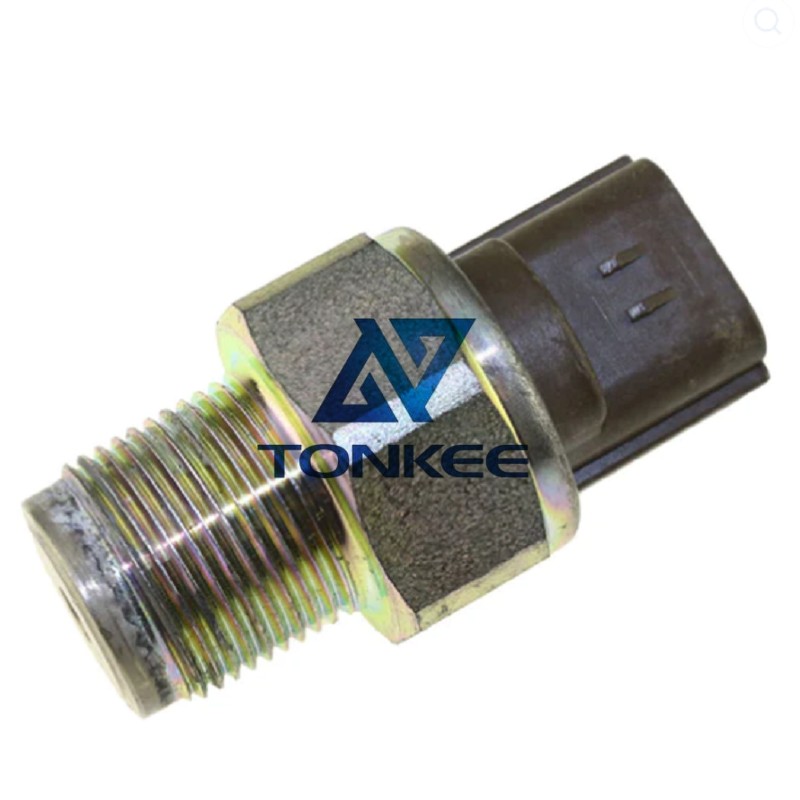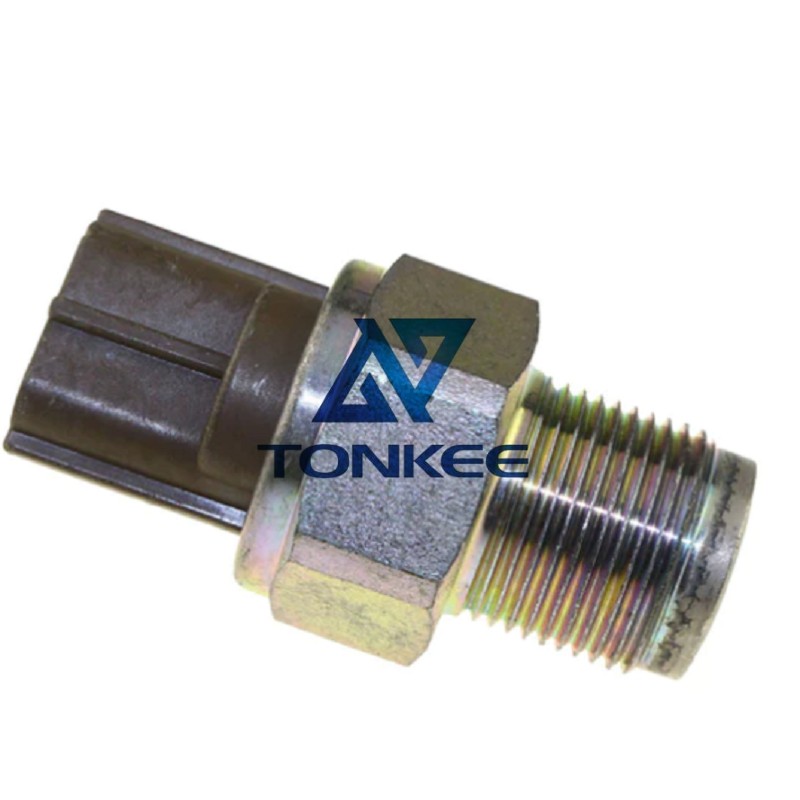
The Denso 4HK1 engine is known for its reliability and performance in demanding applications.
To maintain the engine's efficiency and ensure proper combustion, precise control of fuel and air delivery is essential. Pressure sensors are integral to this process, as they provide real-time data on manifold pressure, allowing the engine control unit (ECU) to make adjustments for optimal fuel injection and combustion.
The 499000-6160 and 499000-6131 pressure sensors are designed to meet the specific requirements of the Denso 4HK1 engine. These sensors are engineered to withstand the harsh conditions often encountered in commercial vehicle operations, including temperature variations, vibrations, and exposure to contaminants.
One key specification of these pressure sensors is their pressure range. The ability to accurately measure pressure within a specific range is vital for the sensor's performance. The 499000-6160 and 499000-6131 models are calibrated to operate within the recommended pressure range for the Denso 4HK1 engine, ensuring precise readings under various operating conditions.
Accuracy is another critical aspect of pressure sensors. The 499000-6160 and 499000-6131 sensors are designed with high precision to provide reliable and consistent pressure readings. This accuracy is crucial for the engine control system to make precise adjustments, optimizing fuel efficiency and reducing emissions.
Durability is a key consideration, given the demanding environments in which commercial vehicles operate.
These pressure sensors are built to withstand the rigors of heavy-duty use, with robust materials and construction that ensure long-term reliability. Additionally, they are often equipped with protective features to shield them from contaminants and harsh elements.
Installation compatibility is another important factor. The 499000-6160 and 499000-6131 pressure sensors are designed to seamlessly integrate with the Denso 4HK1 engine, facilitating straightforward installation and compatibility with the existing engine management system.
Communication protocols are essential for the sensor to relay data to the ECU effectively. The 499000-6160 and 499000-6131 sensors are equipped with standardized communication protocols, ensuring seamless integration with the engine control system for real-time monitoring and control.
Maintenance and diagnostics are simplified through features such as self-diagnostic capabilities. The sensors are often designed to detect faults or abnormalities, enabling timely maintenance and minimizing downtime for commercial vehicles.





